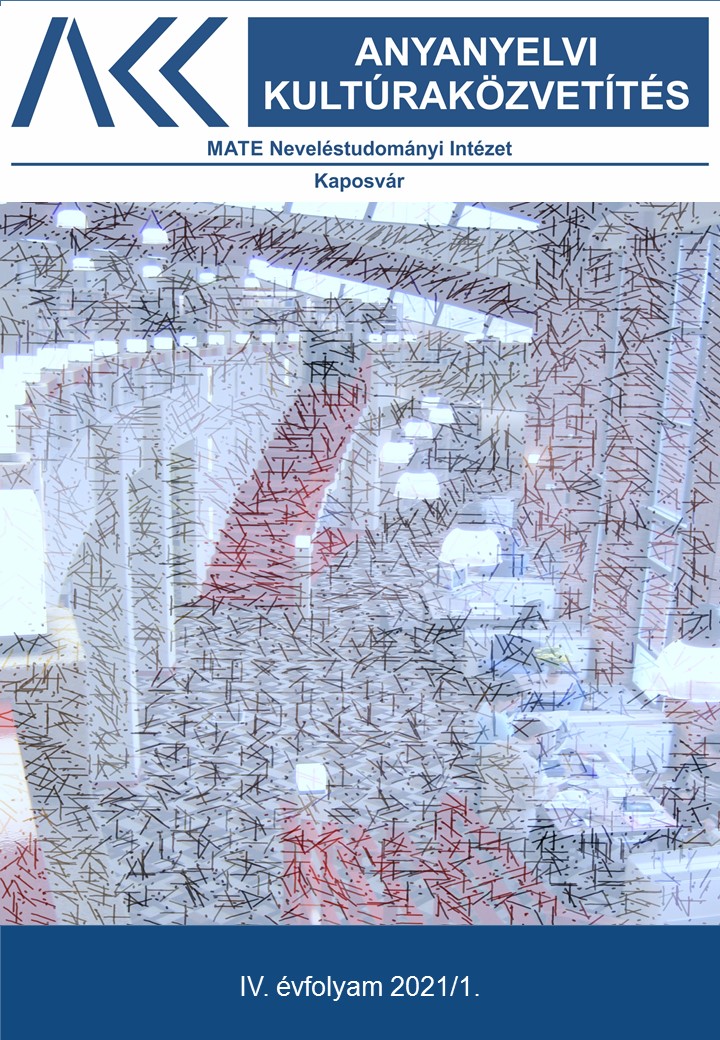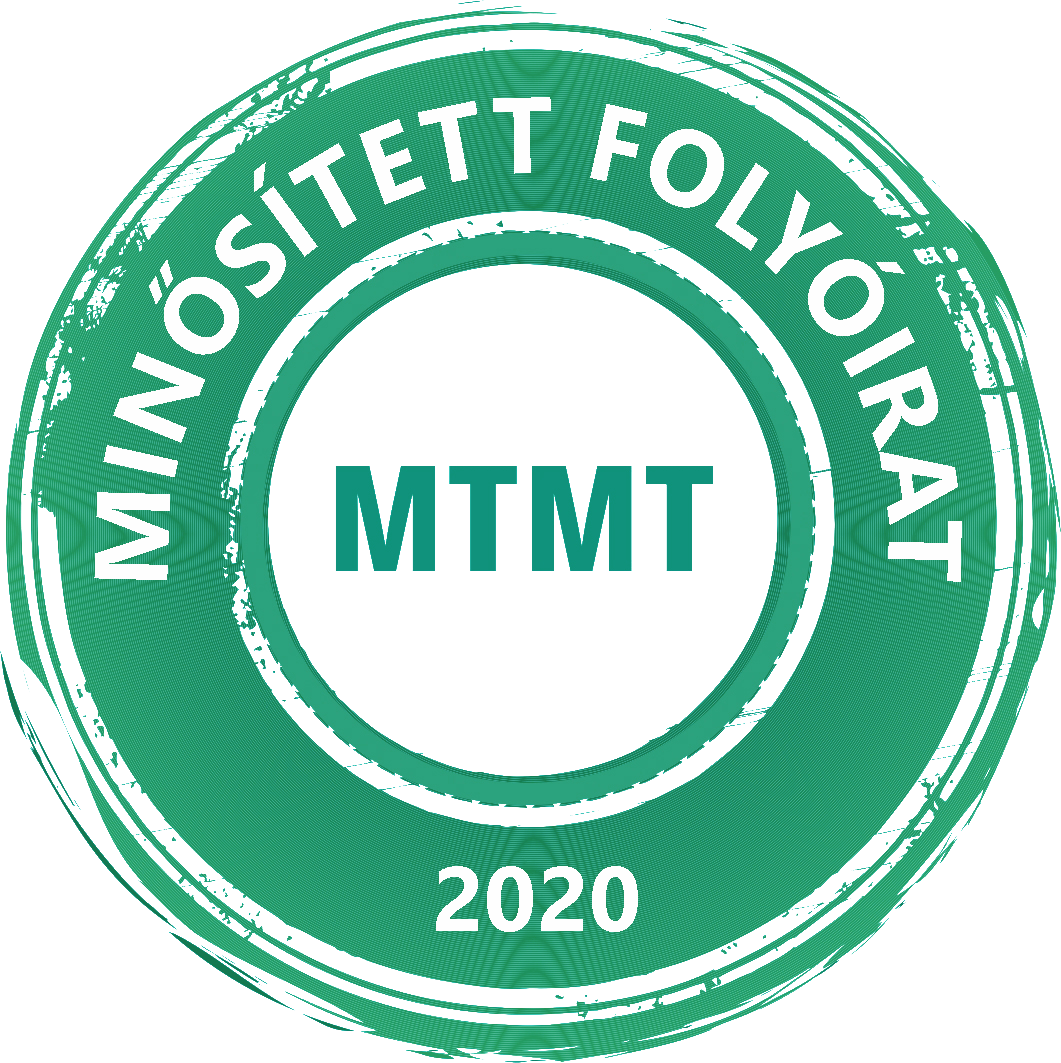The effect of storytelling on six-to-eight-year-old pupils’ active and passive vocabulary
DOI:
https://doi.org/10.33569/akk.2522Keywords:
6-8-year-old pupils, tales, vocabulary, Peabody Picture Passive Vocabulary Test, Meixner active vocabulary testAbstract
The aim of the research is to examine the relationship between fairy tale experience and vocabulary status among six-to-eight-year-old pupils with and without fairy tale experience in the light of active and passive vocabulary tests. Fairy tales do not only develop pupils’ cognitive, emotional, social and linguistic skills, but also play an important role in the development of their active and passive vocabulary. In our research we examined the active and passive vocabulary of pupils from the aspect of their storytelling participation rate. Our hypothesis is that six-eight-year-old Pupils with fairy tale experience in early childhood have more advanced vocabulary than Pupils without fairy tale experience. To get an answer to our hypothesis, we have used Peabody Picture Vocabulary Test and Meixner active vocabulary test, performed on 26 pupils. Their parents have also filled in a questionnaire about storytelling habits at home. The results of the research can be important for teachers and parents who develop young pupils and have an important role in the development of their communication.
Downloads
Published
Issue
Section
License
Copyright (c) 2021 Unger-Király Tünde Erzsébet, Vass Dorottea

This work is licensed under a Creative Commons Attribution-NonCommercial-NoDerivatives 4.0 International License.



















